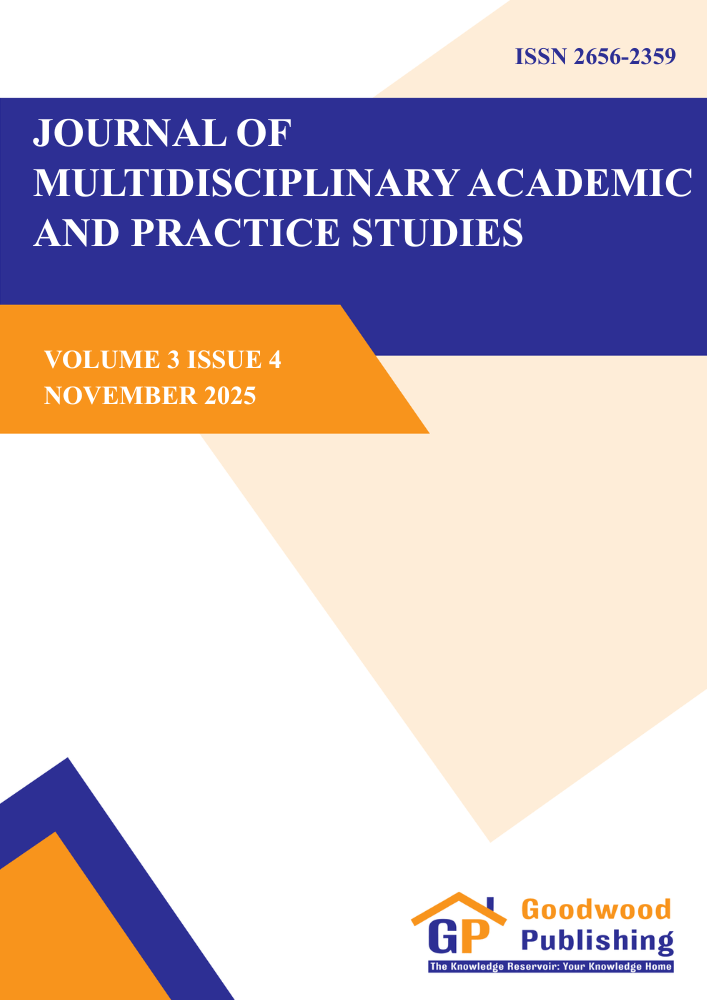Article Details
Vol. 3 No. 4 (2025): November
Effective technologies for psychocorrectional work with juvenile offenders
Abstract
Purpose: This study aims to explore the effective psycho-correctional technologies applied in the rehabilitation of juvenile offenders. It emphasizes the integration of cognitive-behavioral, emotional, and social rehabilitation approaches that foster moral maturity and long-term behavioral transformation.
Research Methodology: The study employs a qualitative-descriptive approach using literature analysis and comparative synthesis of empirical studies on psycho-correctional practices. Data were obtained from peer-reviewed publications, case studies, and psychological intervention models implemented in juvenile correctional institutions.
Results: The findings indicate that individualized, evidence-based, and humanistic psycho-correctional models significantly improve emotional regulation, cognitive development, and social reintegration outcomes. The integration of cognitive-behavioral therapy (CBT) with emotional intelligence training and moral education enhances empathy, responsibility, and self-control among juvenile offenders.
Conclusions: Psycho-correction represents a transformative process that restores the psychological balance and social functionality of adolescents in conflict with the law. The combination of cognitive, emotional, and behavioral interventions contributes to their reintegration as socially responsible and emotionally stable individuals.
Limitations: The study is limited by its reliance on secondary sources and the absence of longitudinal experimental validation to measure long-term behavioral outcomes.
Contribution: This research contributes to the advancement of psychological rehabilitation frameworks by proposing a multidimensional, humanistic, and evidence-based psycho-correctional model adaptable to various cultural and institutional contexts.
Keywords
How to Cite
Download Citation
License

This work is licensed under a Creative Commons Attribution-ShareAlike 4.0 International License.

